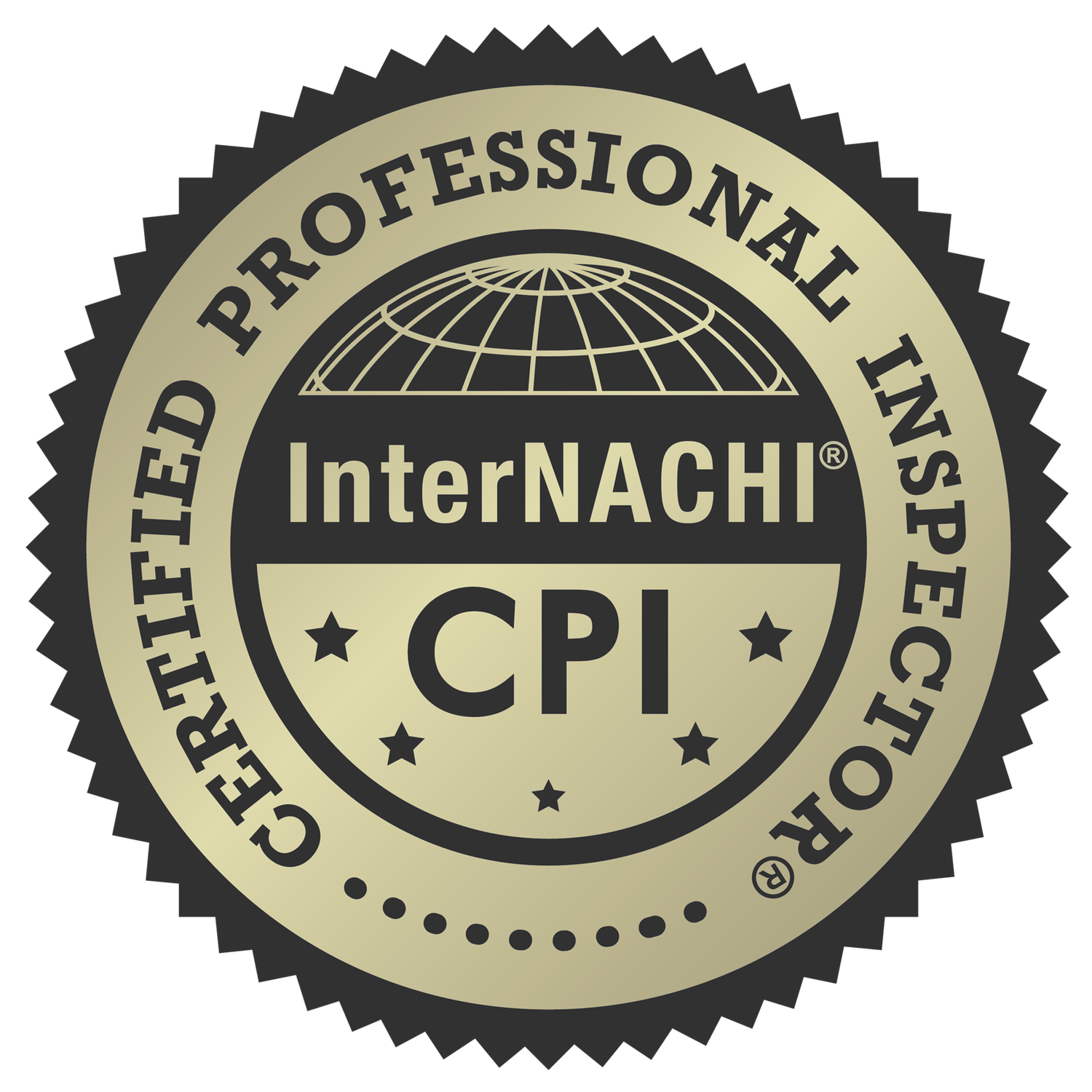15 Common Issues in SoCal Homes—And What They Mean for Your Offer
Buying in Southern California means sunshine, salt air, quakes, and wildfires all shaping how homes age. Here are the 15 problems we see most often—and how each one should influence your offer, credits, and timelines.
1) Lacking seismic upgrades (cripple walls, foundation bolts)
Raised-foundation homes built pre-1980 often need “brace-and-bolt” work to keep the house from sliding off its foundation during an earthquake. Programs like Earthquake Brace + Bolt outline the fix and even offer grants. CRMPCalifornia Earthquake AuthorityFEMA
What it means for your offer: Not a dealbreaker, but it’s a safety and insurance issue. Ask for a credit or require a retrofit permit before close.
2) Water heater not earthquake-strapped
California law requires water heaters to be braced/strapped; sellers must certify compliance. Findlawssc.ca.gov
Offer angle: Easy repair; request seller to strap per code before close or issue a small credit.
3) Soft-story / hillside vulnerabilities
Multifamily “soft-story” buildings have mandatory retrofit rules in many cities; single-family homes on slopes or with tall cripple walls may need engineered solutions.
Offer angle: Budget for engineering review; negotiate credits based on scope.
4) Wildfire exposure & defensible space
Homes in WUI areas need Class-A roof assemblies and clearance (typically up to 100 ft) around structures. CAL FIRE’s guidance is clear—and some localities have stricter rules. maps.conservation.ca.govCAL FIRE
Offer angle: Factor in vegetation removal, ember-resistant vents, and roofing upgrades; ask for seller compliance and documentation.
5) Stucco cracks & missing weep screeds
Hairline cracking is common, but wider or stair-step cracks and stucco that terminates below grade can invite moisture. Weep screeds are required to help drain water. Padre Dam Municipal Water DistrictRobby's Rooter
Offer angle: Request repairs and sealants; for below-grade stucco, plan for corrections and drainage improvements.
6) Roofs: aging tile underlayment & flat-roof ponding
Tile can last decades, but the underlayment often fails first (commonly ~20–30 years). Flat roofs with ponding accelerate leaks. Green Builder Media
Offer angle: Get a roofer’s bid; consider a credit for “tile lift & reset” or underlayment replacement.
7) Electrical safety: missing GFCIs & legacy panels
Older homes often lack GFCI protection in kitchens, baths, garages, and outdoors—these outlets prevent shock. Some legacy panels (e.g., FPE Stab-Lok, Zinsco) are widely considered problematic; CPSC testing raised concerns, though it closed its 1983 investigation. Many electricians still recommend replacement. UC Agriculture and Natural ResourcesU.S. Consumer Product Safety Commission
Offer angle: Budget for GFCI/AFCI upgrades; if an FPE/Zinsco panel is present, negotiate for replacement or a sizeable credit.
8) Sewer laterals at end of life
In LA, homeowners own and maintain the private sewer lateral. Older clay or cast-iron lines crack and root-intrude. Always scope. California Energy Commission
Offer angle: A failed lateral can be a big ticket—use video evidence to negotiate.
9) High water pressure & missing PRV
CPC requires a pressure-reducing valve when static pressure exceeds 80 psi; LADWP echoes this. Excessive pressure stresses valves, hoses, and appliances. LADBSLADWP
Offer angle: Easy upgrade—ask seller to install a PRV or credit you.
10) Poor grading/drainage
Code calls for about 6 inches of fall in the first 10 feet away from the foundation to shed water. ICC Digital Codes
Offer angle: Re-grade soil and extend downspouts; ask for gutter/landscaping fixes.
11) Termites (drywood & subterranean)
Termites are a fact of life in SoCal. UC’s IPM program explains the species, treatment options, and prevention. Building in California
Offer angle: Make the offer contingent on a full termite report; negotiate fumigation or localized treatments plus damaged-wood repairs.
12) Mold & moisture
Coastal humidity + poor ventilation = mold. California DPH notes moisture control is the cure; ventilation and leak fixes are key. Consumer Notice, LLC
Offer angle: Require leak repairs, proper bath/kitchen venting, and professional remediation where needed.
13) Old HVAC (R-22, low efficiency)
EPA phased out R-22 in 2020; servicing these systems is costly. Newer systems follow updated efficiency standards (SEER2). naumannlegal.com
Offer angle: Plan for replacement within 0–3 years; use age/condition to justify a credit.
14) Smoke & CO alarm compliance
CO alarms are required in dwellings with fuel-burning appliances or attached garages; smoke/CO locations are governed by the California codes.
Offer angle: Low-cost, high-safety items—require installation before close.
15) Unpermitted additions or garage conversions
Common in SoCal. Unpermitted work can affect safety, insurance, and resale. LADBS and other cities provide pathways for permits, but verification matters. LA County Public Works
Offer angle: Ask for permit history, as-built plans, or seller credits to legalize/bring to code.
Bonus SoCal-specific callouts (that can sway price)
Seismic gas shutoff valves (often required in Los Angeles at sale or permit)
Bathroom ventilation (fans required for tubs/showers under CRC R303.3.1)
Lead-based paint & asbestos in older homes (disclosures/handling rules)
How to use this list during negotiations
Get specialist bids fast. Roofers, electricians, termite, sewer, and retrofit pros can usually turn around quotes quickly; attach them to a Request for Repair or ask for seller credits.
Prioritize safety + water management first. (Seismic, electrical protection, alarms, drainage, roof leaks.)
For bigger retrofits (seismic, roof, panel replacement), consider price reductions or closing credits instead of “seller to repair,” which can slow escrow and limit your control over quality.
Why PrimeVantage?
We inspect hundreds of SoCal properties each year and package findings into clear, negotiator-friendly reports—so you get leverage without losing momentum.
→ Schedule now: https://www.primevantageinspection.com
